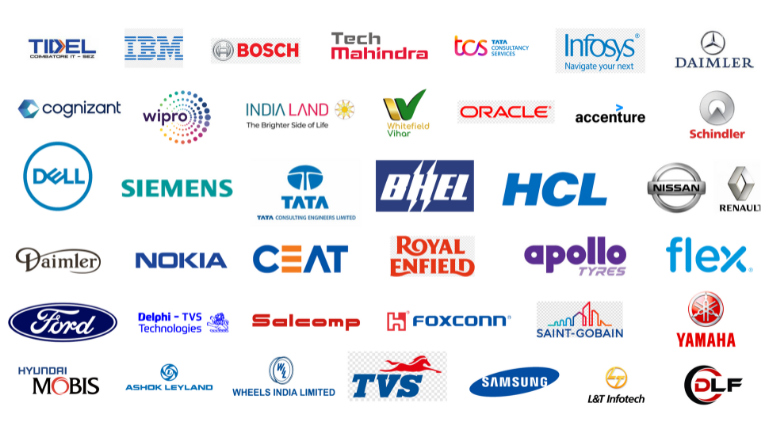Buliding Managment System

- Diploma in Buliding Managment System engineering
In most buildings, the major role of a BMS is to control the HVAC, but there are many additional functions. The main components and functions of a BMS are: Boiler control: maintaining a constant temperature and switching on or off as per schedule HVAC: maintaining a specified air condition based on temperature and humidity, controlling fans and dampers, and controlling air handling and fan coil units Lighting control: turning lights on or off as per a specified schedule or based on inputs from sensors Electric power control: controlling and monitoring core electrical equipment's power usage and functioning Security and observation: accessing CCTV data and maintaining surveillance to detect any intrusion Fire alarm system: detecting and controlling smoke and activating the alarm when required Water supply: detecting hydraulic flows and leaks, automatically opening and closing valves and monitoring and optimising temperature deviations
Overview
This report provides a comprehensive analysis of the Building Management System (BMS), covering its operational performance, energy efficiency, and maintenance status for [Insert Building Name/Location]. The report also highlights any issues, opportunities for optimization, and recommendations for improvements.
1.System Overview
1.1. BMS Functions
- HVAC Control: Monitors and regulates heating, ventilation, and air conditioning to maintain indoor air quality and comfort.
- Lighting Control: Automates lighting schedules and adjusts brightness based on occupancy and daylight.
- Energy Monitoring: Tracks energy usage across systems to ensure efficiency.
- Access and Security Control: Manages access points, surveillance, and alarms.
- Integration: Connects various subsystems for centralized management.
Supplementary Skilled Courses:
- Diploma in Buliding Managment System engineering
- Maintain and perform repair on all refrigeration equipment and perform troubleshoot on all HVAC equipment and perform repairs all coolers.
- Manage all metal duct components and install all HVAC systems and monitor all provide resolutions for all emergency alarm in systems and perform repair to all ventilating and air conditioning units.
- Manage all data center applications and operate various centrifugal chillers and install and maintain dehumidification systems and oversee al maintenance activities for various technicians...
- Design and provide enhancements to all conservation programs for electricity and natural gas and assist to plant instrument and perform troubleshoot on equipment and ensure compliance to all EPA regulations.
- Monitor all resources and ensure optimal utilization for same and achieve all customer objectives and provide support to all equipment and perform calculations and implement various plans for HVAC.
- Evaluate all approval systems for new and revised maintenance jobs and monitor all work instructions and maintain all deliverables for projects to maintain optimal qualities within required timeframe and coordinate with stakeholders to analyze all project requirements.
- Perform audit on all HVAC system and collect data and perform periodic evaluation and monitor all log books and manage all change processes and resolve all issues.
- Collaborate with stakeholders to perform regular audit and ensure compliance to all corporate regulations and assist to design an efficient HVAC system and adhere to all architectural requirements.
- Analyze all load programs and perform required calculations on same and manage all electrical requirements for HVAC equipment and recommend improvements.
- A large number of skilled workers coming out of technical colleges do not possess the required skills and are not readily employable. The industries have to spend time and money on their training. It
- has been observed that most of the existing Industrial Training Institutes run by the government and private sector do not have on the job training facilities.
- Therefore, IIFM is to develop their Knowledge into Technical Skill to Entry the Core Industry and Success with their Career up to Facility Manager Level.
IIFM is to develop your Technical Skills to

.gif)

